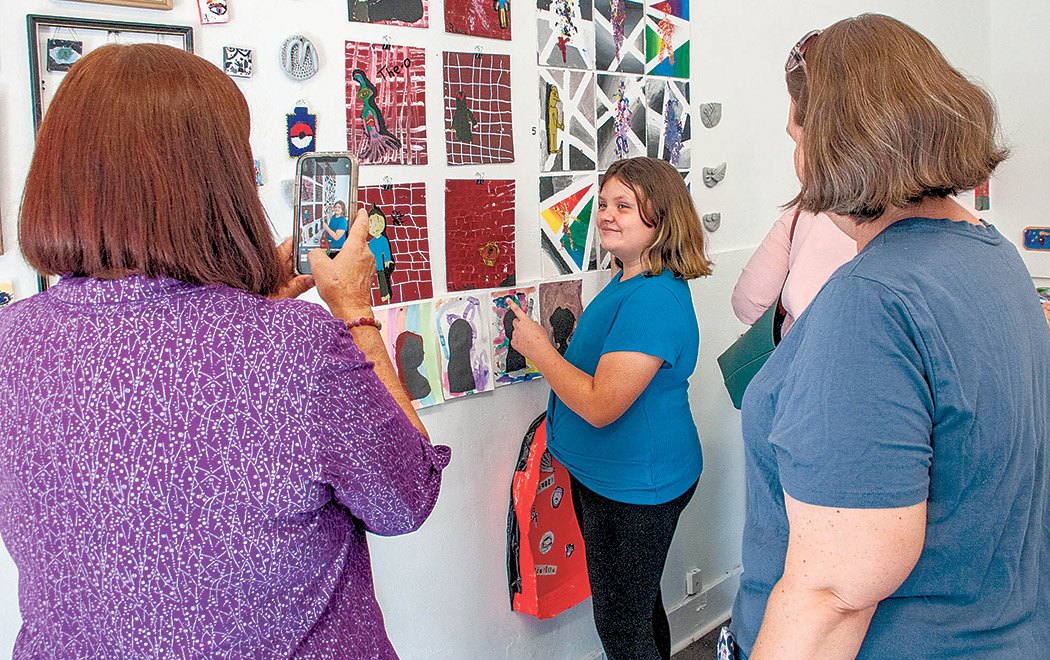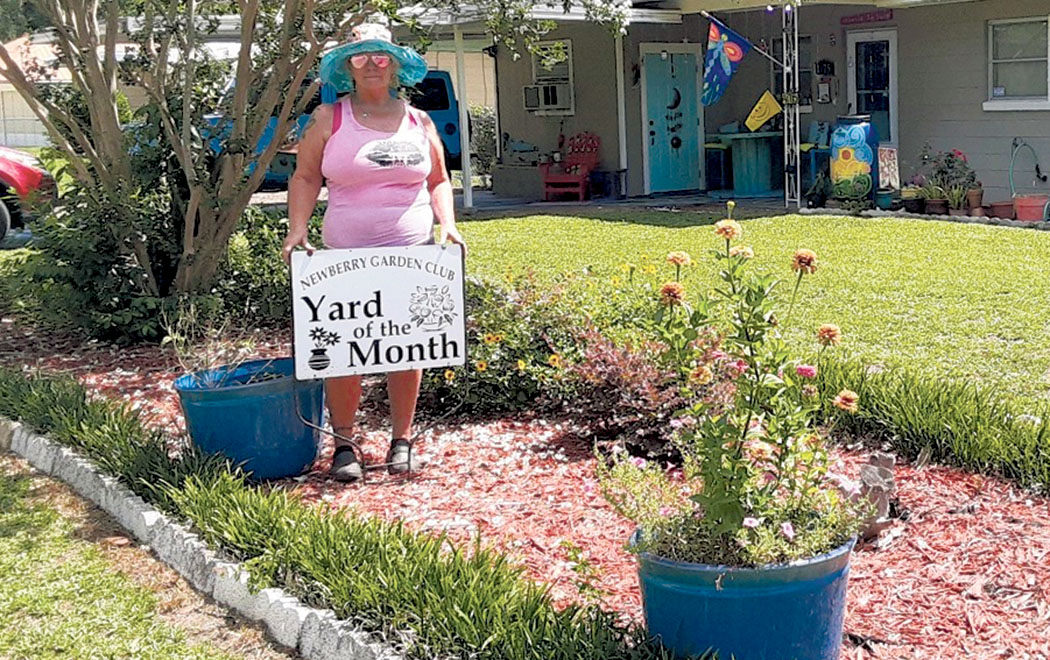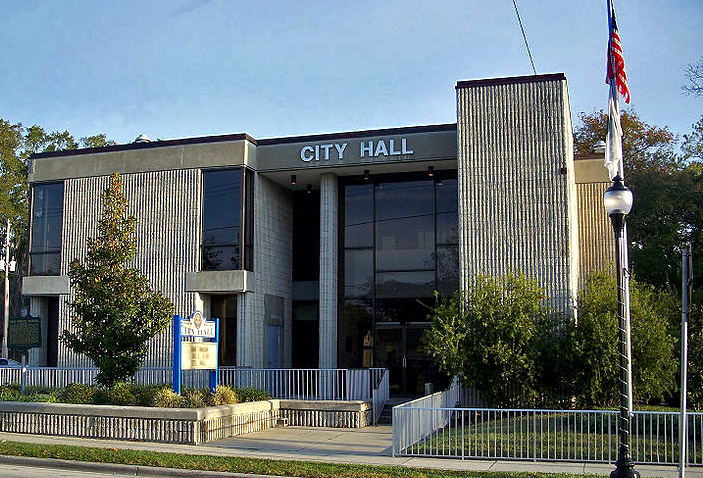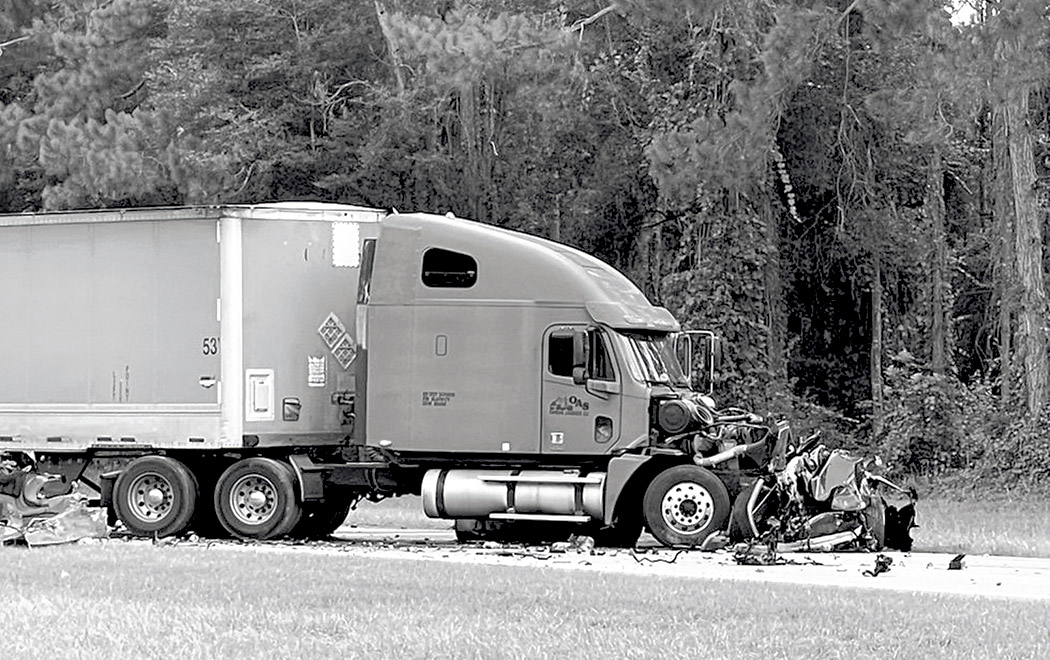HIGH SPRINGS ‒ While it is a little early to tell, a unique new exhibit that opened at the Good News Arts Gallery in High Springs may be showcasing the works of a future Picasso or Van Gogh. Instead of featuring an established artist, this exhibit introduced the art work compilation of students who attended the Good News Arts Summer Arts Camp from June 6 to July 22. The exhibit featured the art work of nearly 100 students who attended the High Springs camp.
The Summer Arts Camp was created by Jessica Caldas, director and owner of Good News Arts Gallery. The gallery, in conjunction with the City of High Springs Parks and Recreation Department, established the camp to introduce students in K-12 to a variety of artistic mediums while working with a group of their peers. Each week a different medium was chosen to expose the students to a variety of art and dance.
“We had 130 kids register for the camp and a weekly attendance of 80-100. But the project was a group effort by a lot of people and organizations,” Caldas said. “Since our gallery is fairly small, we needed a bigger space for the multiple classes and the City of High Springs loaned us the old school building at the High Springs Museum.”
Caldas said the Children’s Trust of Alachua County covered much of the funding by creating scholarships to help keep costs down. Enrollment/registration fees for all families was $5 per child and the camp was free for youth who lived in Alachua County and whose family is at or below 200 percent of the 2020 federal poverty threshold, or a child with an Individualized Educational Plan (IEP) or with family receiving SNAP benefits. For youth whose families did not meet these requirements, the camp cost $93 per week including lunch and snacks.
The local Winn Dixie helped fill the gap on food and snacks for meals during the camp. The High Springs Fire Department organized a water playday and helped with field trips as well. The High Springs Police Department worked to provide School Resource Officers (SROs) for the children's safety and ran special programming like boxing and breathing exercises as well as accompanying the students on class field trips.
All the supplies were provided by organization as well as individuals and patrons who supported the program. “We received support and funding from all over the community including Kiwanis Club of Santa Fe, Satchel's Pizza, The Great Outdoors, The Pink Flamingo, The Barber Group, East End Eatery, The High Springs Woman's Club, Deeper Purpose Community Church, Kona Ice and others,” said Caldas. “We could not have accomplished this program without all the support to provide our community children an opportunity to explore their creative side.”
All classes were taught by volunteer local artists and Counselors and Artists in Training (CAITs), which was staffed by high school students. The program was not just about encouraging kids to learn about art and express their creativity, the experience included an exhibit for students to showcase their work and gain confidence in their abilities.
On Saturday, Aug. 6, the gallery held the opening reception to display the students’ work. Young artists brought their parents to the gallery to proudly show off their art. The exhibit will remain up until Aug. 20 at the Good News Arts Gallery located at 18555 Main Street in High Springs. The gallery is open on Friday and Saturday from 12 p.m. - 6 p.m. as well as some Wednesdays and Thursdays.
# # #
email rcarson@
alachuatoday.com
Add a comment






